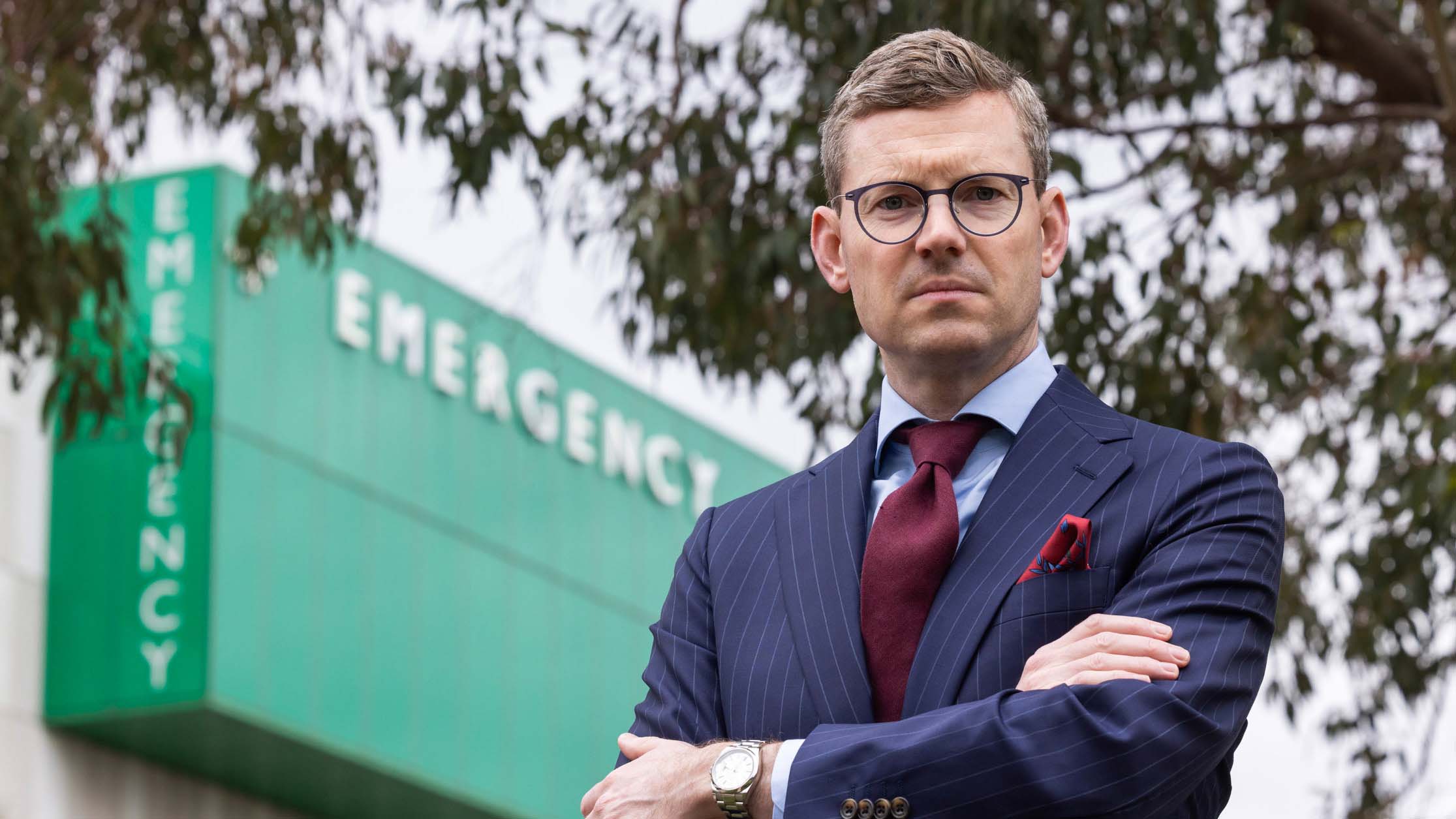

News

President’s Blog: Take care – GP ‘crisis’ could be self-fulfilling prophecy
Friday April 5, 2024
I recently wrote, from my dimly-lit basement filled with formalin-preserved 19th century specimens, about the need for our entire profession to reflect on how different groups of specialists stereotype one another. I would contend that harmful and baseless stereotyping is easier, more tempting and more likely to occur between specialties practising in different environments with limited direct contact. This gives the target group no right of reply, and so the mythology can perpetuate.
This was raised at a recent RACGP forum, in which it was observed that disparaging remarks about GPs are not infrequently made in the hospital setting. Malice might not be intended, but it is felt. The consequence is an erosion in the attractiveness of GP training to doctors-in-training in the hospitals – and that is not good for anyone.
Subsequently, I attended a forum convened by Rural Health West. Many similar themes were discussed, but specific to the rural GP workforce.
An observation made in that forum was that at a political and public advocacy level, so much has been made of the challenges facing general practice that it has become self-defeating. Constant references to a “crisis” of funding, workforce and workloads could contribute to the reluctance of DITs to consider careers in general practice. There were calls for a rethink on how general practice is internally marketed, entailing a greater focus on its many strengths as a career of great diversity, flexibility and importance to the health of the community, while continuing to prosecute the challenges that might be perceived negatively by would-be GPs but perhaps in a more subtle way, and behind closed doors.
Whilst I understand there could be differing views on this approach and it requires finesse, it is nonetheless important to consider that our own leadership bodies could be undermining the group they seek to support by painting the picture of a specialty under siege. I have certainly taken this perspective on board in my role as President of the AMA (WA), for which strategic advocacy on general practice is so important. A balance must be found between promoting GP as a specialty, and ensuring that the public and decision makers continue to support high-quality general practice as the cornerstone of primary care.
Follow me on Facebook: AMAWAPresident
Follow me on Twitter: AMA_WAPresident

